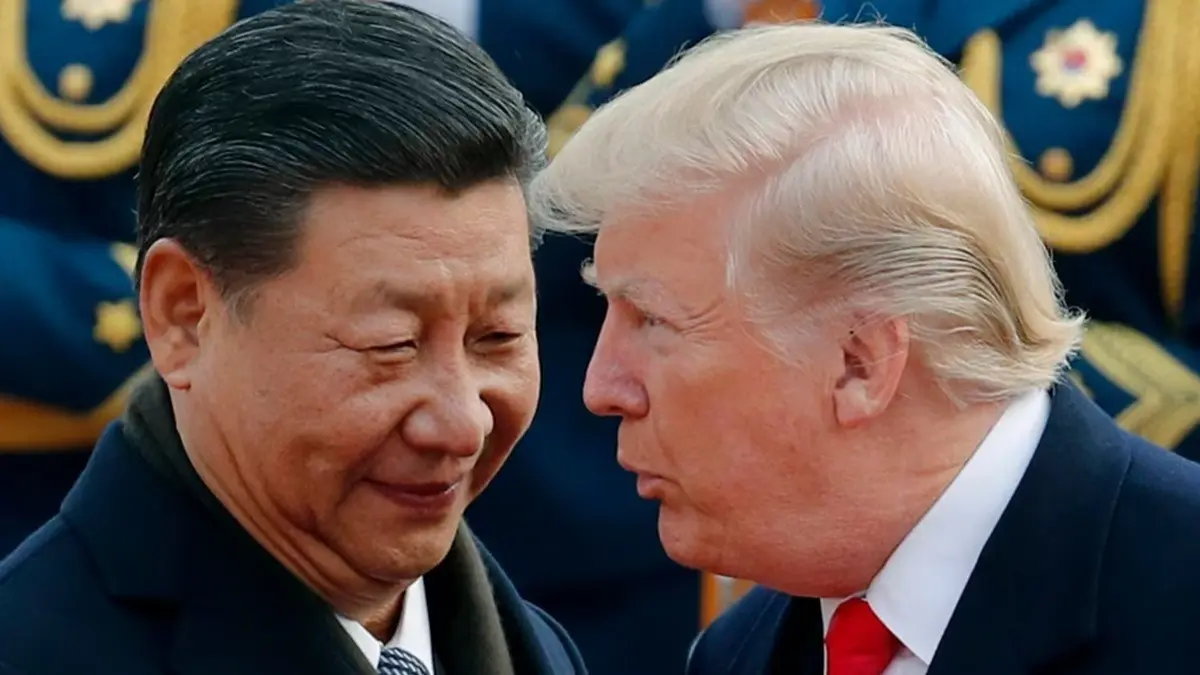Updated April 8th 2025, 08:12 IST
China's Yuan Falls To Lowest Since 2023 As Beijing Vows To Counter Trump’s 50% Tariff Threat
The drop in the yuan reflects growing fears among investors that an intensified trade war could hurt China’s economy and rattle global markets.

China’s currency, the yuan, has fallen to its lowest level against the U.S. dollar since 2023, according to The Spectator Index. Tensions between Washington and Beijing are heating up following former President Donald Trump 's fresh threat of higher tariffs.
The drop in the yuan reflects growing fears among investors that an intensified trade war could hurt China’s economy and rattle global markets.
Trump Threatened 50% Additional Tariff
The latest dispute began after Trump threatened to slap an additional 50% tariff on Chinese imports, escalating the ongoing trade battle.
Trump posted on Truth Social, "If China does not withdraw its 34% increase above its already long-term trading abuses by tomorrow, April 8th, 2025, the United States will impose ADDITIONAL Tariffs on China of 50%, effective April 9th. Additionally, all talks with China concerning their requested meetings with us will be terminated!"
China's Response
China responded swiftly on Tuesday, promising to take action to defend its interests. The Commerce Ministry said the U.S.‘s imposition of “so-called ‘reciprocal tariffs’” on China is “completely groundless and is a typical unilateral bullying practice.”
It added, "The countermeasures China has taken are aimed at safeguarding its sovereignty, security and development interests, and maintaining the normal international trade order. They are completely legitimate."
The statement concluded, "The U.S. threat to escalate tariffs on China is a mistake on top of a mistake and once again exposes the blackmailing nature of the US. China will never accept this. If the US insists on its own way, China will fight to the end."
How It Will Affect China
Trump’s new tariff threat, if implemented, would bring total tariffs on Chinese goods to 104%. These include a 20% tariff related to fentanyl trafficking and a separate 34% tariff announced just last week. The rising costs of imported Chinese goods are likely to be passed on to U.S. consumers, adding to inflation concerns.
Federal Reserve Chair Jerome Powell warned Friday that the tariffs could increase inflation, and he said, "There’s a lot of waiting and seeing going on, including by us," before any decisions would be made.
As trade tensions mount, global stock markets have turned volatile. European Commission President Ursula von der Leyen also weighed in, stating the EU would focus on trade with other nations, saying there are "vast opportunities" elsewhere.
Published April 8th 2025, 08:02 IST
